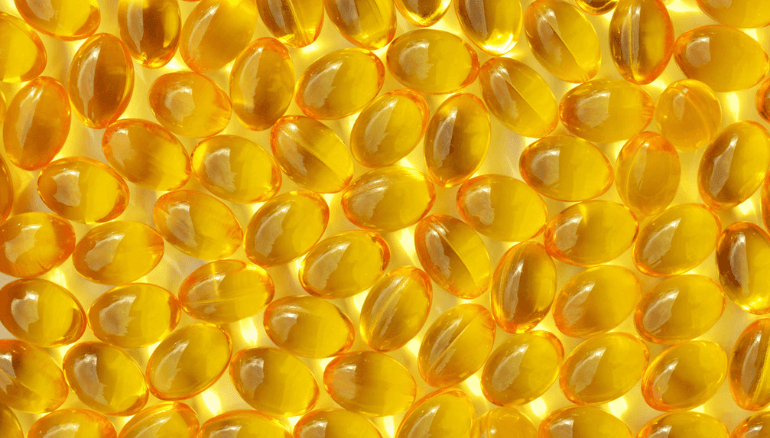Honey has a long history as human food and medicine, with possible beneficial effects for men’s sexual and reproductive health[1] but there is not a substantial evidence base for its ability to enhance male sexual performance. This hasn’t stopped some from creating honey-based products claiming to naturally improve male virility.
The US Food and Drug Administration (FDA) recently added another one of these honey products to its growing list of tainted sexual enhancement products. There are now 19 honey products among 384 entries in the database, which “includes only a small fraction of the potentially dangerous products marketed to consumers online and in stores”. All the listed honey products contain the phosphodiesterase type-5 (PDE5) inhibitors taladafil, sildenafil or both.
Why are men turning to supplements for sexual health?
At least one-third of Australian men use dietary supplements, and usage becomes more likely with advancing age[3] (mirroring the increasing incidence of sexual dysfunction as men get older[4]). Supplement use is increasing in Australia, as in other Western countries, and the number of listed dietary supplements grows by about 1,800 new items each year.
The state of supplements
Regulation of dietary supplement manufacturing in most jurisdictions is lax, leading to poor quality products that may present health risks2. For example, adulteration is present in 27% of herbal products sold globally, with the proportion of adulterated products highest in Australia (79%)[5].
More than half of a sample of traditional Chinese medicines available in Australia were contaminated by animal products (including leopard, viper, frog, cow, goat, sheep, rat, cat and dog), pharmaceuticals (including analgesics, anticoagulants, antihistamines, anti-inflammatories, stimulants, an antibiotic and a PDE5 inhibitor), poisons (brucine, strychnine) and heavy metals (including arsenic, lead and cadmium)[6].
The health risks of common contaminants of ‘natural’ therapies and supplements will be greater for some people than others. Interactions with prescribed medications are an obvious concern, as is the inherent toxicity of contaminants. Some people may substitute effective conventional medications for unproven natural therapies, effectively endangering themselves2.
What to ask your patients
Erectile dysfunction is a health problem that causes embarrassment or shame for some people, leading to denial or avoidance of seeking help[7] even though they know they need it[8]. There is an obvious appeal of online access to assistance for erectile dysfunction but a risk that comorbidities of the condition, like cardiovascular disease or depression, are missed[9].
The Australian Therapeutic Goods Administration’s product safety alert list details several unregistered products containing PDE5 inhibitors. However, it does not appear to list the honey products on the US FDA list, despite local availability of the same products from an online retailer based in NSW.
Low-risk complementary medicines can be listed on the Australian Register of Therapeutic Goods without evaluation by the TGA, and only a fraction (there are more than 12,000 of them) are subjected to post-market compliance reviews[10]. Some products may be considered foods and regulated by Food Standards Australia New Zealand2 (there is no mention of contaminated honey products on the FSANZ recall list[11]).
It’s impossible for health professionals to keep on top of all the dietary supplements and other complementary medicines that their patients might be using. However, the likelihood of a patient taking a dietary supplement, natural remedy, or other complementary medicine is high and these products may not always be what they claim to be.
Educating patients about their use of alternative medicines and dietary supplements is necessary for their protection and enquiring about their use is important to ensure appropriate care.










